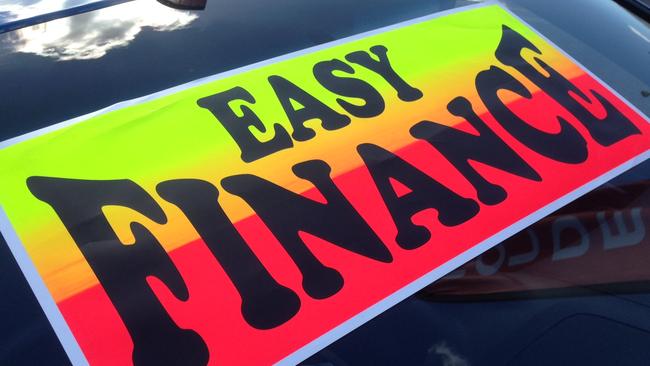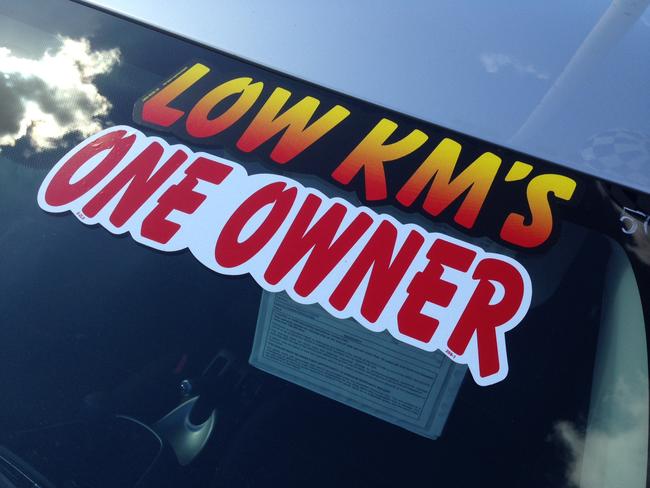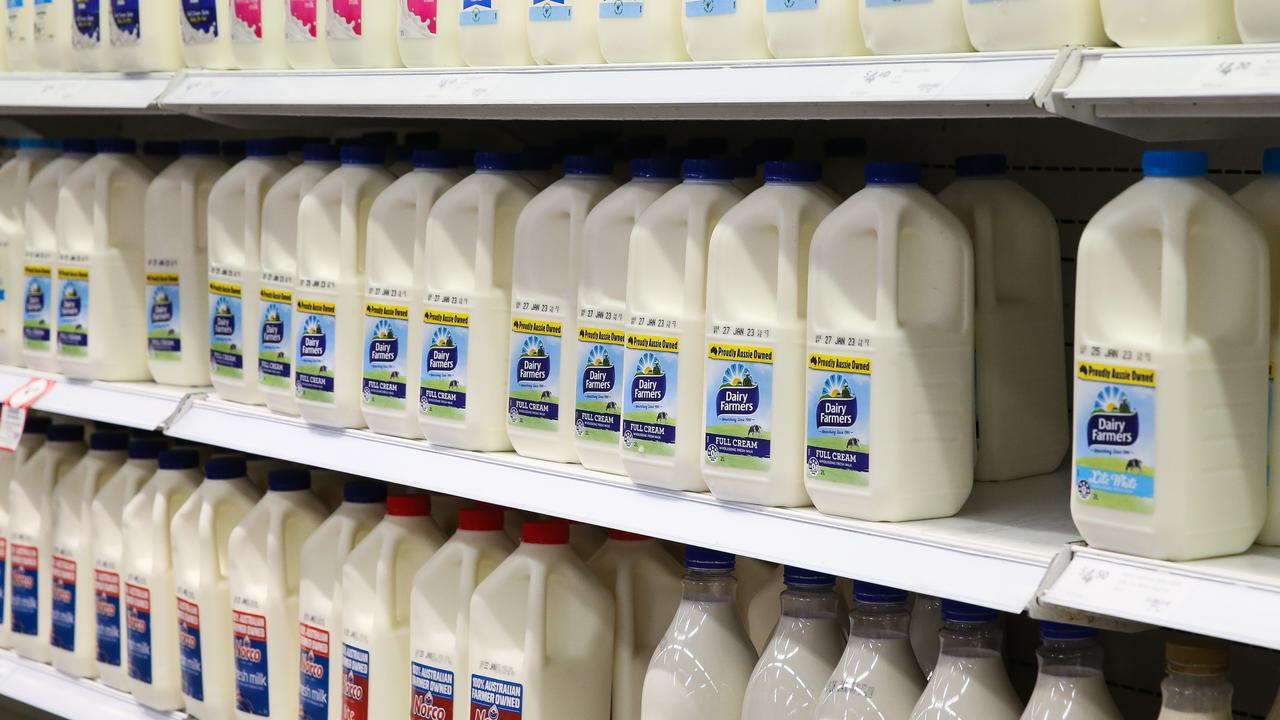Australia won’t become a “dumping ground” for used cars: Federal Government
SAFETY experts have welcomed the Federal Government’s decision to stop Australia becoming a “dumping ground” for used cars.

ROAD safety advocates have welcomed the Federal Government’s decision to stop Australia from becoming a “dumping ground” for used cars from other countries.
The Productivity Commission’s review into the car industry — which was submitted to the Federal Government on 31 March 2014 but tabled in parliament and made public on Tuesday — recommended a gradual reduction of the restrictions on imported used vehicles after Ford, Holden and Toyota close their factories.
Under the current guidelines only specialised or enthusiast vehicles over eight years old are able to be imported in limited numbers.
The proposal to relax some of the restrictions was intended to improve access to cheap second-hand vehicles, even though used car prices in Australia have fallen to 10-year lows because they’ve been dragged down by record new-car affordability (driven by the sustained strength of the Australian dollar).
Ai GROUP: Review’s job loss estimate optimistic

Safety experts were concerned an increase in the number of imported used cars could have a negative impact on the road toll given that record new car sales over the past 10 years have contributed to the lowest number of deaths on our roads since 1935.
The average age of cars on Australian roads only recently dipped below 10 years — still higher than other developed countries such as Japan, the UK and the USA, whose fleet average is six to eight years old.
Since New Zealand relaxed the rules on imported used vehicles after its car industry closed, the average age of its fleet has increased from 11 years to 13 years.
A statement from Federal Industry Minister Ian Macfarlane said: “No decision has been taken by the Australian Government to reduce these restrictions and we have no intention of allowing Australia to become the dumping ground for other countries’ old second-hand vehicles.”

The Federal Chamber of Automotive Industries (FCAI) said increasing the age of cars on Australian roads could have a detrimental effect on road safety.
“We believe safety is paramount,” said FCAI chief executive Tony Weber. “It would be a tragedy to undo all the good work that’s been done by introducing older, substandard vehicles.”
Mr Weber said the increase in the number of safer, newer cars onto the Australian market over the past decade deserved at least some of the credit for the reduction in the road toll.
“With significant year-on-year improvements in vehicle technology, it goes without saying that a newer motor vehicle fleet is better for consumers as newer cars are safer, more environmentally friendly, and more reliable.”
A statement from the Australian Automobile Association (AAA) said: “Discussion on second-hand imports must have safety as a top priority, with used vehicles needing to meet current (safety) rules.”
The FCAI does, however, support the Productivity Commission’s proposal to remove the Luxury Car Tax.
When it was introduced, LCT was intended to apply high-priced cars from Europe, but today Toyota customers pay more in LCT than do buyers of Audi, BMW, Mercedes-Benz or Porsche.
At least 17 top-end Toyotas are hit with the extra tax, which is 33 per cent of the purchase price above $61,884.
Toyota Australia executive director sales and marketing Tony Cramb said: “New-vehicle buyers should not be singled out to pay the additional burden of a so-called luxury tax”.
“Australian motorists are already heavily taxed with GST, stamp duty and registration fees when buying a new car, as well as road tolls and a hefty tax on fuel,” said Mr Cramb.
Federal coffers received a peak of $483 million from LCT revenue in the 2010-11 financial year but the amount fell to $435 million in 2011-12 and the forecast for 2013-14 is $450 million.
However, over the next two financial years, the Federal Government has budgeted on a 15 per cent increase in Luxury Car Tax revenue, to $520 million in the 2015-16 financial year.



